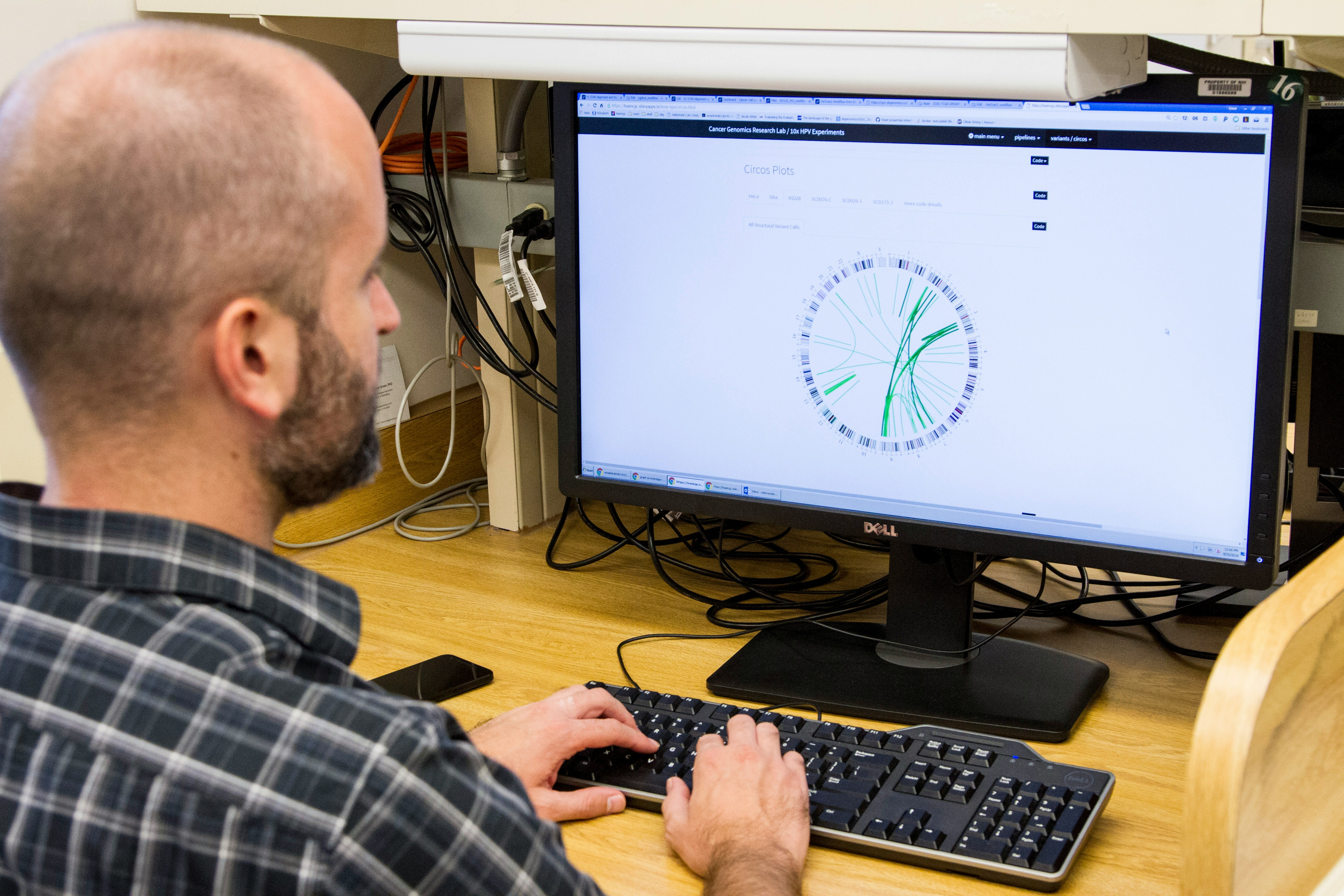Healthcare
Steps to Take to Start Your Career as a Medical Assistant: Education, Training, Certifications and More
Embark on your journey to becoming a medical assistant with confidence by following our comprehensive guide. Explore essential steps including education, training, certifications, and more to kickstart your career in healthcare. Gain insights into the requirements and preparation needed to excel in this dynamic field. Equip yourself with the knowledge and resources necessary to pursue a fulfilling career as a medical assistant.
Mar 27, 2024
A career in medical assisting can be a rewarding and fulfilling choice for those who are interested in healthcare and patient care. Medical assistants are critical members of a healthcare team, working closely with physicians and other healthcare professionals to ensure that patients receive the best possible care.
To become a medical assistant, there are certain requirements that must be met. These include:
Education: A high school diploma or equivalent is typically required to become a medical assistant. Many medical assistant programs also require a certain number of college-level prerequisites, such as courses in biology and chemistry.
Training: Medical assistant training programs are available through vocational schools, community colleges, and universities. These programs typically last one to two years, and include both classroom instruction and hands-on experience. Graduates of these programs will earn a certificate or diploma, and some states may require medical assistants to be certified.
Certifications: Many medical assistants choose to become certified through a professional organization, such as the American Association of Medical Assistants (AAMA) or the National Healthcareer Association (NHA). Certification is not always required to work as a medical assistant, but it can be a valuable asset for job seekers and can also be required by some employers.
Skills: Medical assistants must have a strong attention to detail and be able to multitask effectively. They must also be able to work well in a team setting and have good communication skills. Medical assistants must also be able to work well under pressure and be able to handle stressful situations.
Physical Demands: Medical assisting can be physically demanding, and medical assistants must be able to stand for long periods of time and be able to lift patients and equipment. They must also be able to perform basic medical procedures, such as taking vital signs and administering medications.
Compliance with State Regulations: Medical assisting is a regulated profession and laws vary by state, it's important to check the requirements of the state where you plan to work. Some states require medical assistants to be licensed, while others do not.
A career in medical assisting can be a great choice for those who want to work in healthcare but don't want to pursue a long-term education. With the right education and training, medical assistants can help patients receive the best possible care, and can enjoy a fulfilling and rewarding career.


